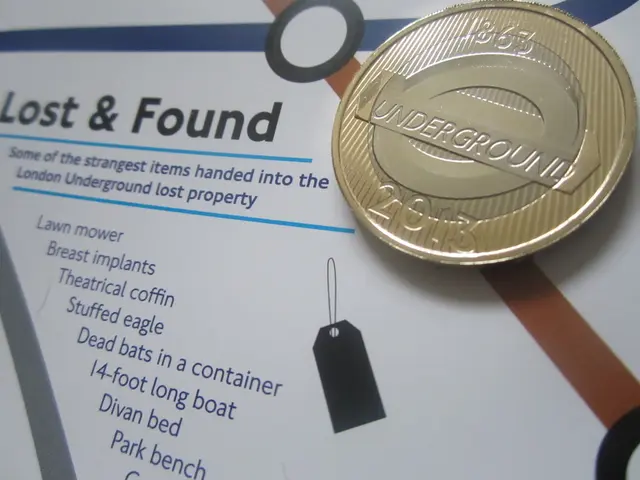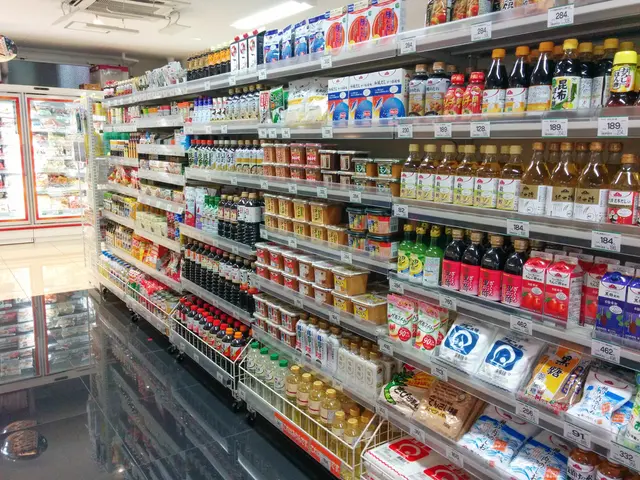Collaboration and alignment are essential to facilitate long-term prosperity and tackle divisive international politics
In the heart of Kuala Lumpur, Malaysia, the annual "Unlocking Capital for Sustainability" conference took place on 28th July, 2022. This event, organised by a media and advisory platform dedicated to sustainable development, attracted high-level decision-makers from across government, finance, industry, and academia, with a global, Malaysian, Singaporean, and Southeast Asian focus.
The conference covered critical issues such as geopolitics, transition finance, artificial intelligence, energy transition, and climate adaptation and resilience. Dato' Sri Haji Fadillah bin Haji Yusof, Deputy Prime Minister of Malaysia, graced the event as the guest-of-honour.
Malaysia is spearheading efforts to launch the ASEAN Common Carbon Framework, a unified, transparent, and efficient carbon market for the region. This initiative aims to strengthen regional cooperation in unlocking climate finance, advancing sustainable finance standards, mobilizing private capital, and integrating energy policies for a just and inclusive transition.
The conference discussed investments in low carbon and clean energy transitions, and Dato' Mohammad Faiz Azmi, chairman for Securities Commission Malaysia, emphasized the need for adaptation efforts in the face of accelerating climate change. Key strategies include strengthening financial ecosystems and regulatory frameworks, advancing regional energy integration, promoting cooperation on emerging clean energy technologies, and developing the Mitigation, Adaptation, Resilience and Sustainable Finance (MARS) Framework.
These collaborative efforts aim to overcome global headwinds, including geopolitical fragmentation, supply chain disruptions, and financial market volatility, that threaten the diversion of investment from low-carbon transitions. Leadership by Malaysia and collective ASEAN action emphasizing balance, inclusion, cross-sector collaboration, and agile governance are seen as critical to bridging the financing gap while supporting economic growth and regional sustainability.
On the second day of the conference, an exclusive training workshop, "Unlocking strategic value through climate disclosures", was held. The ASEAN is also developing the MARS Framework to enhance the usability and functionality of the ASEAN Taxonomy for Sustainable Finance.
The conference was not limited to a specific region and had a global scope. Asean member states can collaborate to fund net-zero targets and meet the 2030 Sustainable Development Goals (SDGs) by following these strategies and working together to ensure a sustainable future for all.
[1]: Source for this information [2]: Source for this information [3]: Source for this information [4]: Source for this information [5]: Source for this information
- The "Unlocking Capital for Sustainability" conference in Kuala Lumpur addressed crucial topics like energy transition, climate adaptation, and sustainability, attracting international attendees.
- Malaysia is leading the ASEAN Common Carbon Framework, a unified carbon market, to foster regional cooperation, climate finance, and sustainable energy policies.
- Dato' Mohammad Faiz Azmi underscored the importance of adaptation measures as climate change accelerates, suggesting strategies such as strengthening financial ecosystems and advancing clean energy technologies.
- The MARS Framework, a key strategy, aims to bridge financing gaps, support economic growth, and promote regional sustainability while managing global challenges.
- The conference covered investments in low-carbon transitions, emphasizing the need for agile governance, cross-sector collaboration, and balance in the pursuit of net-zero targets and the SDGs.
- On the second day, a workshop focused on climate disclosures was held, and the ASEAN is working on enhancing the ASEAN Taxonomy for Sustainable Finance via the MARS Framework.
- The conference extended beyond Southeast Asia, calling for global cooperation on climate change, biodiversity, and environmental science, and the role of finance, business, policy-and-legislation, and general-news in shaping the future.
- Collaborative efforts by ASEAN member states can fund net-zero targets and help meet the 2030 SDGs, ensuring a sustainable, resilient future for all, as shown by the discussions at the "Unlocking Capital for Sustainability" conference.
- To fully understand the implications of these strategies and their sources, it is recommended to refer to various reliable sources, including scientific literature, policy-and-legislation, corporate responsibility reports, and general news on climate change, sustainability, and environmental science.




